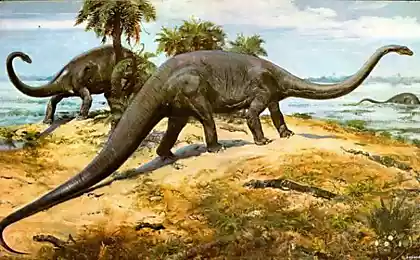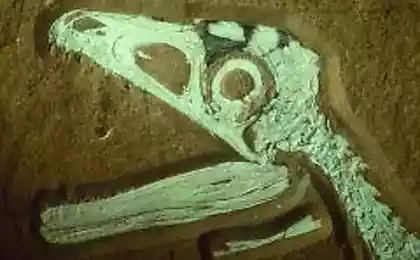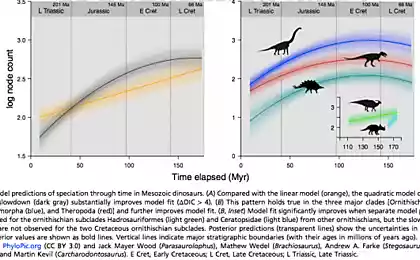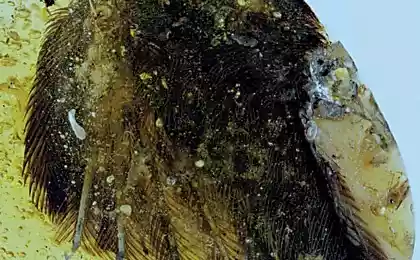802
Digestive gases dinosaurs kept warm climate on the planet
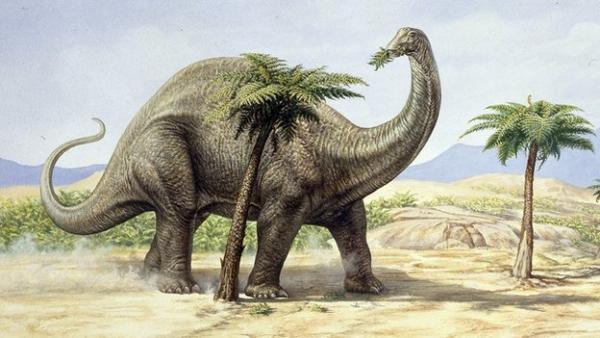
David Wilkinson of Liverpool John Moore's University, and his colleagues from the University of London and the University of Glasgow, published their findings in the journal Current Biology.
Some types of Sauropod, such as Apatosaurus (formerly known as Brontosaurus), were giant land animals which graze, eating vegetation throughout the Mesozoic Era. For Dr. Wilkinson is of interest not themselves giants dinosaurs, and microscopic organisms that live in them.
"Ecology of microbes and their role in our planet - one of my key interest rates in science," he told the BBC. "Although these microbes - an essential element of a dinosaur that has captured our imagination with their work, in fact it is - the microbes that live in the intestines of dinosaurs that make methane».
Methane is known as the "greenhouse gas" that absorbs infrared radiation from the sun, luring him into a trap the Earth's atmosphere and the resulting increase in temperature on the planet. Previous studies have suggested that Earth's temperature was at 10C (18F) warmer in the Mesozoic era.
With the knowledge that the issue of livestock now contributes a significant part in global methane levels, the researchers used existing data to assess, as a kind of Sauropods, may have influenced the global climate. Their calculations, which consider the estimated total population of dinosaurs and the alleged scale of their prevalence, associated with the production of biomass methane for cattle.
"Cows today produce about 50-100 million tons per year. Our best estimate for Sauropods - about 520 million tons, "said Dr. Wilkinson.
Current methane emissions account for about 500 million tons per year from a combination of natural sources, such as wild animals, and human activities, including the production of meat and dairy. Expressing his surprise at the comparative figures, Dr. Wilkinson added that the dinosaurs were not the only producers of methane at the time.
"There were other sources of methane in the Mesozoic period, so the overall level of methane was probably much higher than they are now," he said.
Chimpanzees are increasingly under attack on the intelligence of people
The genetic oddity among the inhabitants of the Solomon Islands: Blond hair

